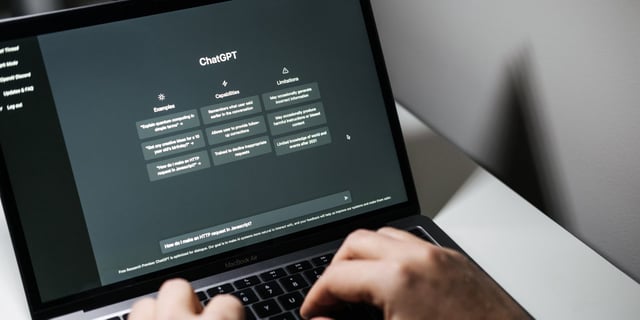Overview
- Research from UBC Okanagan finds one-third of students use generative AI on reflective writing, with 81% citing speed, learning or grades—and just 0.3% of assignments predominantly written by AI
- Surveys show 90% of college students have tried ChatGPT and one in four U.S. teens rely on it for schoolwork, underscoring AI’s ubiquity in education
- Higher-education leaders remain split on acceptable AI use—around half permit AI-generated outlines—while detection tools often misidentify authorship, forcing appeal processes
- Recent studies warn that over-reliance on AI for argument construction and logic sequencing can diminish critical thinking and leave early-career hires struggling with ambiguity
- Colleges and employers are piloting new measures—disclosure requirements, in-class essays, oral exams and cognitive assessments—to balance AI’s benefits with academic integrity and workforce readiness

